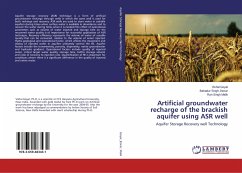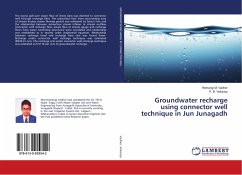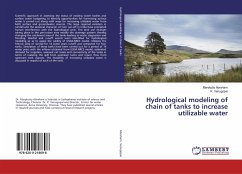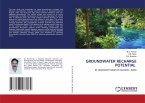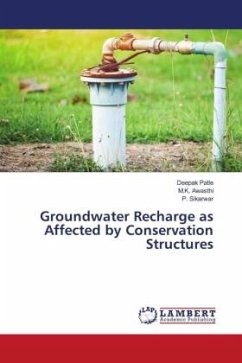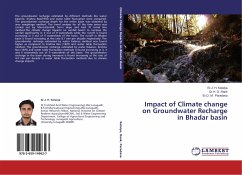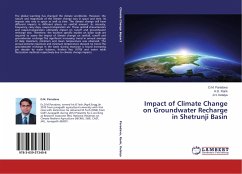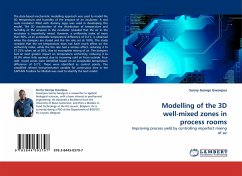Aquifer storage recovery (ASR) technique is a form of artificial groundwater recharge through wells in which the same well is used for both recharge and recovery. ASR wells are used to store water in suitable aquifers during times when surface water is available in abundance and to recover the water during times when it is needed.The effect of operational parameters such as volume of water injected and storage time on the recovered water quality is of importance for successful application of ASR technique. Recovery efficiency represents the volume of water of useable quality that can be recovered, relative to the volume of water injected. Hydro-geological and operational factor, which affects the movement and mixing of injected water in aquifers ultimately control the RE. Aquifer factors include the transmissivity, porosity, dispersivity, native groundwater and hydraulic gradient. Operational factors include quality of injected water, critical target water quality, storage time, buffer storage volume and ratio of recovery to injection rate. Quantification of RE is important for conditions where there is a significant difference in the quality of injected and native water.

